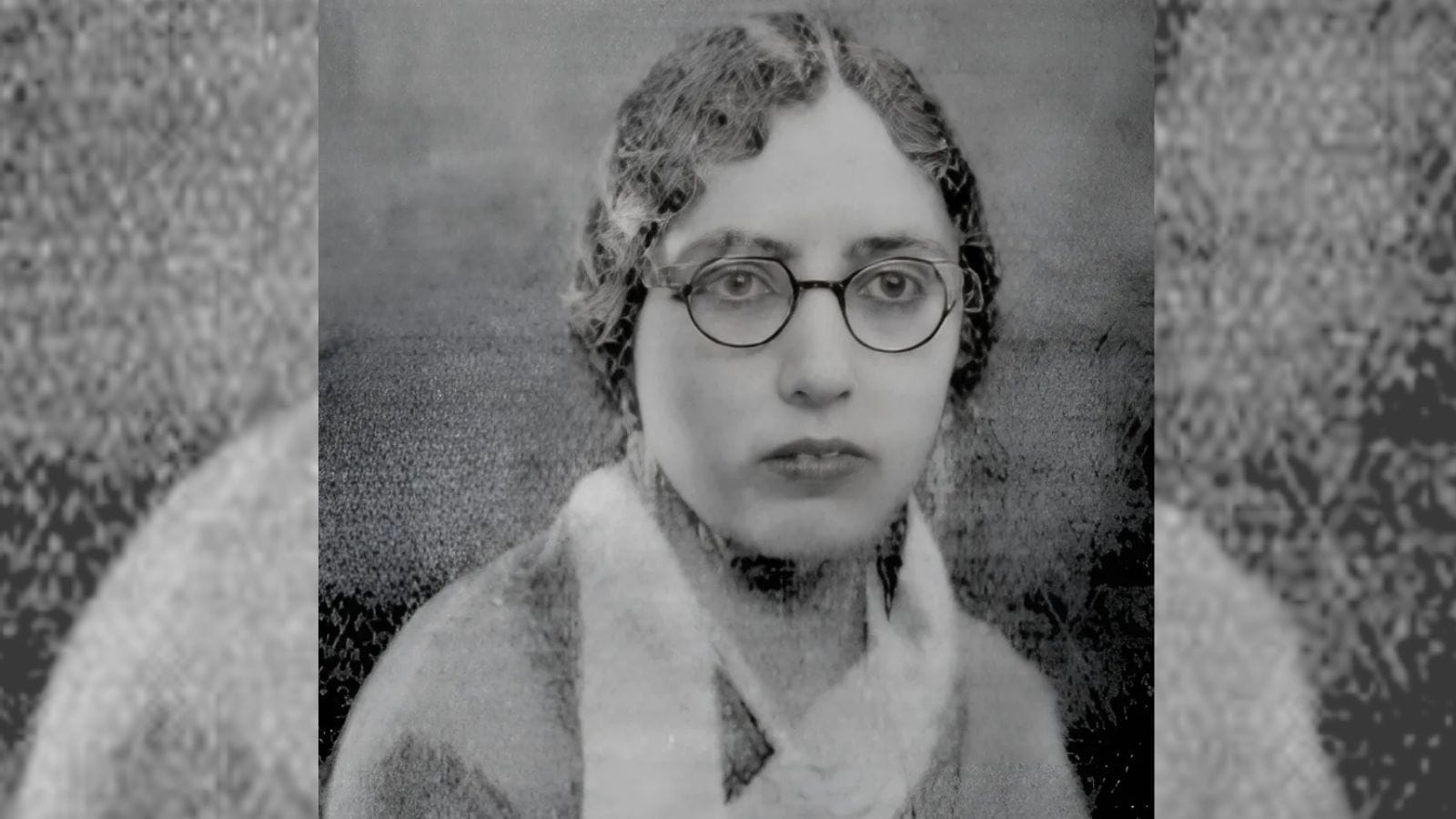Begum Qudsia Aizaz Rasul was the only Muslim woman in the Constituent Assembly of 299 members, of which only 15 were women.
The legacy of this iconic woman needs to be revisited. Representing Muslim women of the Indian subcontinent, invisibilised since before Partition, Qudsia broke through the quietism of her collective identity.
Cutting through her intersecting identities of religion, region, gender and class, Qudsia spoke out on the issue of a separate electorate. Leaders like Muhammad Ali Jinnah and others in the Muslim league believed that it was necessary to safeguard the interests of Muslims in Hindu-majority India. In contrast, leaders like Sardar Vallabhbhai Patel and others sought a unified India with a unified electorate to preserve the newly acquired integration of Independent India. Begum Rasool stood in solidarity with Sardar Patel and fellow Constituent Assembly members like Tajamul Hussain and Hazrat Mohani who passionately opposed the reservation for minorities and warned against its ramifications.
It’s interesting to learn that the “Quaid-e-Azam” of present-day Pakistan, Jinnah, had himself been a beneficiary of the British largesse of reservation. On January 25, 1910, Jinnah became the “Muslim member from Bombay” on the 60-man Imperial Legislative Council of India in Delhi as a member of the Indian National Congress (which he later left).
The reservation for Muslims which were introduced in the Imperial Council in 1909, extended to state legislatures and continued till 1947. The Constituent Assembly retained reservations for minorities, adopting a resolution to the effect on August 27, 1947. However in May of 1949, the Advisory Committee on Certain Political Safeguards for Minorities headed by Patel revoked the earlier resolution and decided to abolish the reservation. The bloody aftermath of the Partition was the turning point in doing away with reservation for minorities. In his report, Patel wrote, “At that meeting, I pointed out that if the members of a particular community genuinely felt that their interests were better served by the abolition of reserved seats, their views must naturally be given due weight and the matter allowed to be reopened.”
While most Muslim members vociferously agreed with Patel, there were those like Mohammad Ismail Khan who changed their 1947 position and moved an amendment challenging the resolution. Then there was Zahirul Hasnain Lari, who espoused the system of proportional representation as a means to safeguard the interests and rights of the minorities by citing the examples of countries like Belgium, Switzerland and even Ireland, a plan which was deemed unworkable by others. Syed Muhammed Saadulah from Assam sought reservation for a limited period: “I wrote to all the Muslim members of my party in the Assam legislature and they gave me the unanimous mandate of claiming reservation for the Muslims.” He also had a bone to pick with the chairman of the sub-committee on minorities, H C Mookerjee, saying, “He should have taken the logical course of consulting the Muslim members only, but without waiting to do that, on the solitary support of Begum Aizaz Rasul, he has thought fit to recommend to this House that reservation of seats for the Muslims should go.”
Begum Rasul had unambiguously opposed Muslim reservation: “It is very necessary that the Muslims living in this country should throw themselves entirely upon the goodwill of the majority community, should give up separatist tendencies and throw their full weight in building up a truly secular state.”
Her words reverberated through the halls of the Assembly which was sculpting the future of the newly-minted nation: “To my mind, reservation is a self-destructive weapon which separates minorities from majorities for all time. It gives no chance to the minorities to win the trust of the majority.”
most read
Hailing from an affluent family in Malerkotla, in united Punjab, Begum Aijaz was no mere symbolic leader. She successfully contested from a non-reserved seat in 1937 for the United Provinces Legislative Council elections and also became Leader of Opposition in the UP Assembly in 1950. In 1947, she became the only Muslim woman member of the Constituent Assembly. In 1952, she was nominated as a member of the Rajya Sabha. Despite her privileged upbringing, she was vociferous in her opposition to the zamindari system and advocated its abolition. In her later years, Begum Rasul was also the president of the Indian Women’s Hockey Federation, a post she held for nearly two decades. In 2000, a year before her death, she was awarded the Padma Bhushan by the Government of India in recognition of her contributions to social work.
“There was much propaganda against me, specially a ‘fatwa’ by the ulemas that it was un-Islamic to vote for a non-purdah Muslim woman,” Begum Aizaz Rasul wrote in her autobiography, From Purdah to Parliament, which chronicles her journey as a Muslim woman leader in India.
Though she gave up the purdah when she won her first election in 1937, she became the voice of the silent Muslim women, the minority within the minority. Her voice was that of defiance and dissent, as she urged her Muslim sisters to step out of the shadow of the veil.
The writer is national spokesperson of the BJP.


